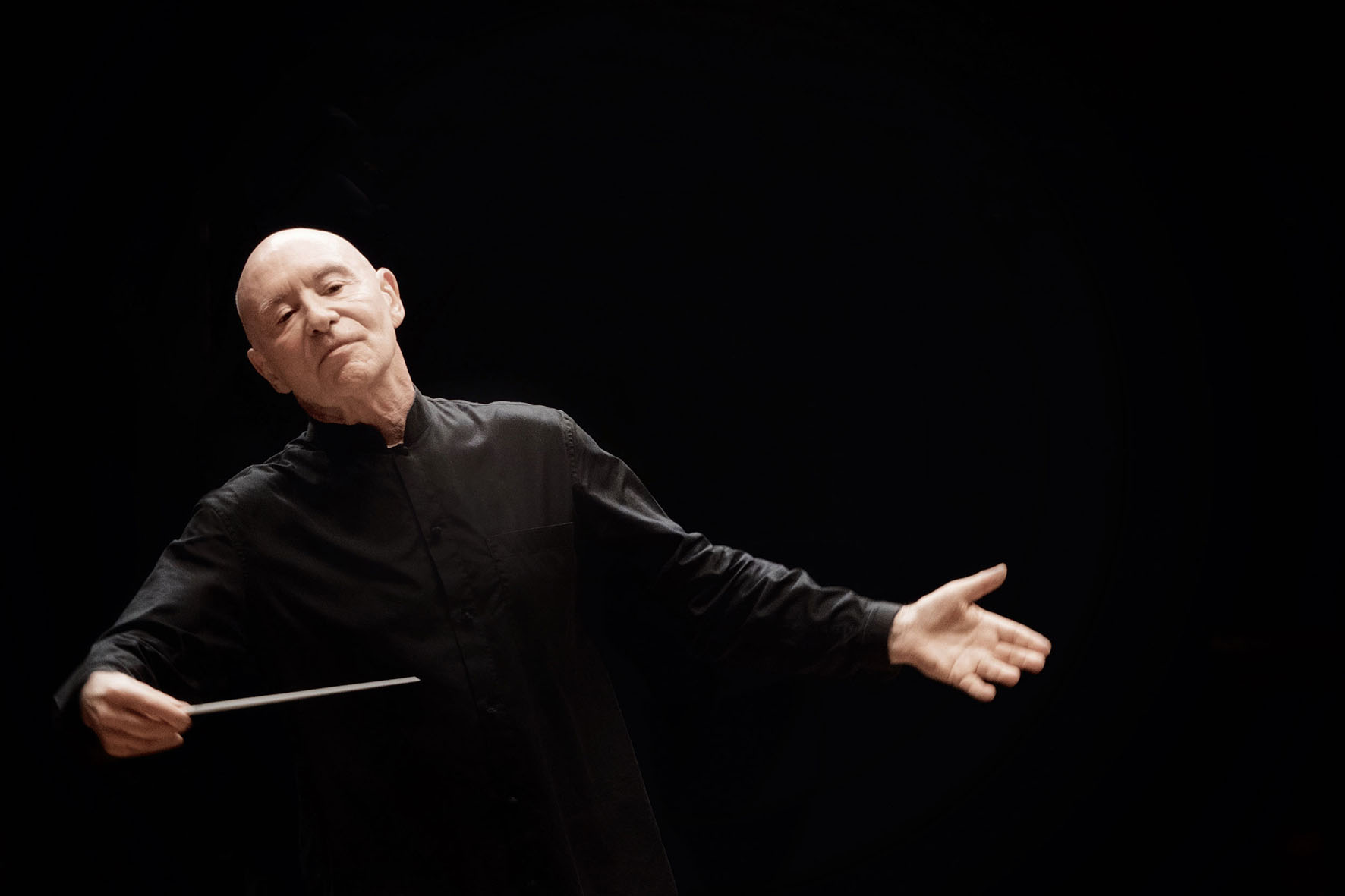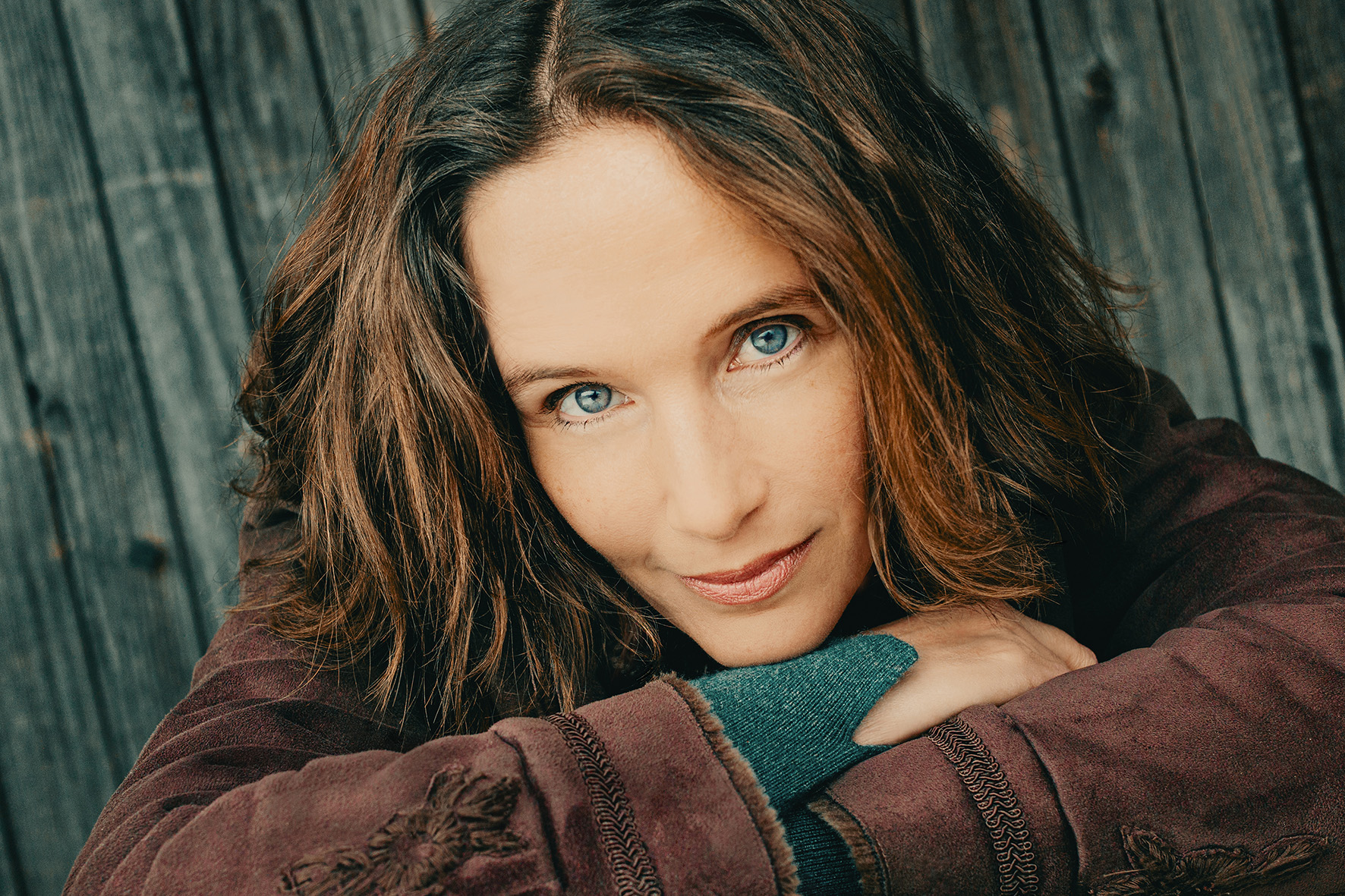Great Moments in Music September 11, 2001: Hélène Grimaud in London
A film by Holger Preusse & Philipp Quiring, ZDF/arte, 43 min., 2022On September 11, 2001, two planes flew into the World Trade Center in New York and the world seemed to stop for a moment. This film about the concert by Hélène Grimaud and the Orchester de Paris conducted by Christoph Eschenbach at the Royal Albert Hall tells the story of how sadness and dismay became a pinnacle musical moment and underlines the unique ability of music to provide comfort in tragic moments.
Click on the button to load the content from www.arte.tv.
For the young French pianist Hélène Grimaud, September 11, 2001, was going to be a day of joy. She has travelled to London from her adopted home of New York to make her much-anticipated debut at the BBC Proms – the world’s biggest and perhaps best-known classical music festival. She is set to perform Ludwig van Beethoven’s Piano Concerto No. 4 with the Orchester de Paris conducted by Christoph Eschenbach.
But after the dress rehearsal in the Royal Albert Hall, everything changes in a single moment. In her hotel room, Hélène Grimaud watches the horrific images coming from New York. A plane has flown into the World Trade Center. “I thought it was the latest Hollywood horror production,” she remembers.
The conductor of the upcoming performance, Christoph Eschenbach, is having lunch with the French ambassador in London when he hears about the terrorist attack. He and the organiser of the Proms, Sir Nicholas Kenyon, have a decision to make: Can you really put on a concert on a day such as this?


Sir Kenyon remarks: “Cancelling a Proms concert is no minor undertaking. Even after the death of Lady Diana, we chose to go ahead with the performance. And the people came.” Christoph Eschenbach and Hélène Grimaud are also prepared to perform.
The hall begins to fill. The mood is sombre. For Hélène Grimaud, the events have laid a leaden cloak of sadness and shock over the evening “They gave a concert of peace,” comments pianist Sophie Pacini. And indeed, after sounding the opening G major chord with trembling fingers, Hélène Grimaud begins to play increasingly freely. “This moment of catastrophe and tension and questioning inspired her to a musical moment that was increasingly captivating.”
In the 2nd movement of Beethoven’s concerto, her playing is even vocal. The Royal Albert Hall is charged with excitement. The Proms audience holds its breath in shared emotion. It is a collective and communal experience that Orchester de Paris violist Estelle Villotte recalls more than two decades later. “I cried on my viola during the concert. But Christoph Eschenbach and Hélène Grimaud carried me through.”
The dance-like and playful third movement is a liberation. For a moment at least, the terrible images from New York appear outshone by Hélène Grimaud’s playing. And the mood changes. At the close of the piece, the audience responds with a standing ovation.


